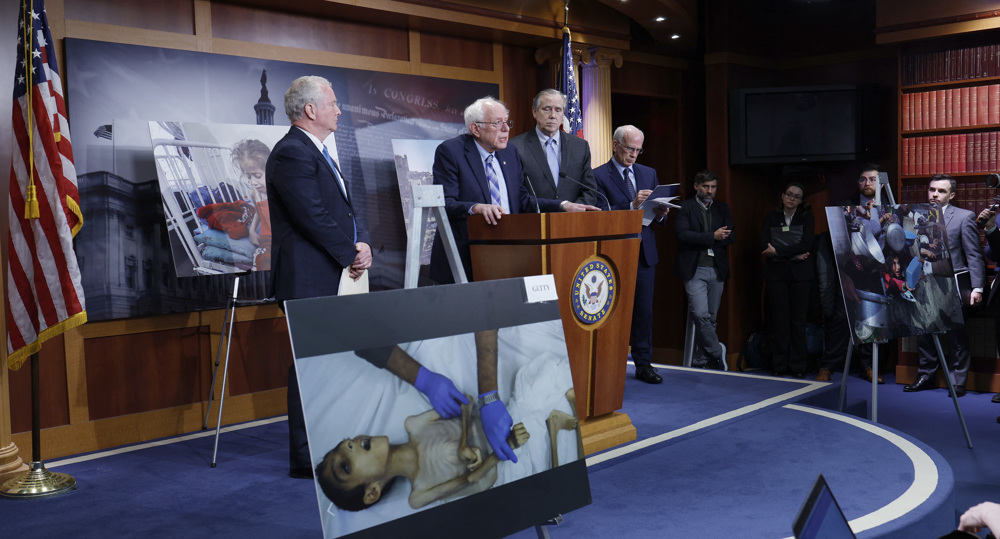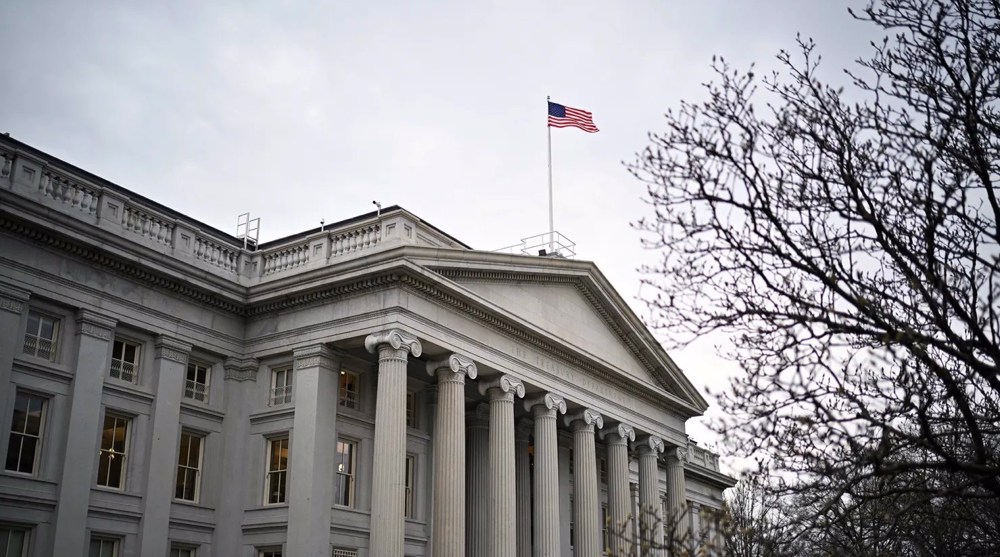US Senate panel approves controversial Iran sanctions bill
The US Senate Banking Committee has approved a controversial bill that would trigger additional sanctions against Iran if the ongoing nuclear negotiations between the Islamic Republic and the P5+1 group of countries collapse.
On Thursday, lawmakers in the Senate panel voted 18 to 4 to advance the bipartisan legislation sponsored by hawkish Senators Robert Menendez and Mark Kirk, despite warnings from the Obama administration that the new sanctions risked derailing the talks with Iran.
The full Senate is expected to vote on the so-called Kirk-Menendez bill by March 24.
"It is clear that further action is necessary to compel Iran to reach an acceptable agreement, which is why I strongly support this critical bill," committee chairman Senator Richard Shelby said after the vote.
Before the vote, Senator Sherrod Brown, the top Democrat on the US Senate Banking Committee, urged panel members to wait until June to pass the sanctions bill.
"Congress should have the collective patience to wait until the end of June to see whether our negotiators can resolve the nuclear issue with Iran through diplomacy," said Brown, who voted against the measure.
Iran and the P5+1 states - the US, France, Britain, Russia, China and Germany - are in talks to narrow their differences and pave the way for a final, long-term accord aimed at putting an end to the 12-year-old dispute over Tehran’s nuclear energy program.
But the Republican-dominated Congress is pushing a new round of sanctions on Iran, which could be part of its agenda in the coming weeks.
President Barack Obama has vowed to veto the final Kirk-Menendez bill if it is put on his desk after passing both houses of Congress.
The illegal sanctions on Iran have been imposed based on the unfounded accusation that Tehran is pursuing non-civilian objectives in its nuclear program.
Iran rejects the allegation, arguing that as a committed signatory to the nuclear Non-Proliferation Treaty (NPT) and a member of the International Atomic Energy Agency (IAEA), it has the right to use nuclear technology for peaceful purposes.
In addition, the IAEA has conducted numerous inspections of Iran's nuclear facilities but has never found any evidence showing that Iran's civilian nuclear program has been diverted to nuclear weapons production.
GJH/HRJ
ICC issues arrest warrants for Israel's Benjamin Netanyahu, Yoav Gallant
Israeli strikes kill 88 Palestinians in northern Gaza
American voters plainly rejected complicity in Gaza genocide: Iran FM spox
ICC should issue more arrest warrants for Israeli authorities over Gaza genocide: UN expert
Israel using AI weapons co-produced by India in Gaza genocide: Report
Israel issues new evacuation orders, shortly launches strikes on southern Lebanon
VIDEO | Press TV's news headlines
From Iraq to Gaza: The great disconnect between British people and rulers









 This makes it easy to access the Press TV website
This makes it easy to access the Press TV website